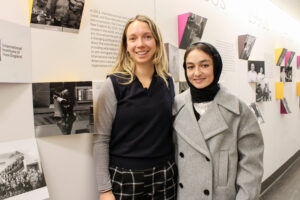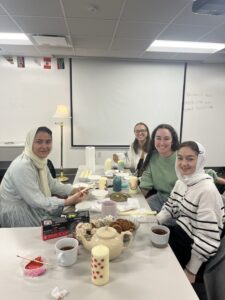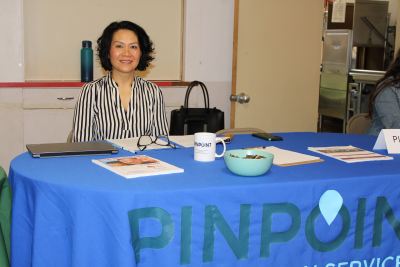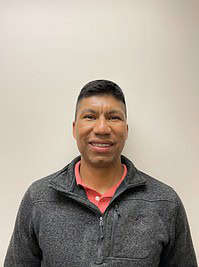The International Institute of New England Elects Richard Golob, Wade Rubinstein, and Carolina San Martin to its Board of Directors
BOSTON – August 5, 2024 – The International Institute of New England (IINE), one of the region’s longest-established nonprofits serving refugees and immigrants, has announced the election of three new members to its Board of Directors: Richard Golob, Cofounder and CEO of Quantori, Wade Rubinstein, Founder and President of The Bike Connector, and Carolina San Martin, retired Director of Environmental, Social, and Governance Research of Wellington Management, to its Board of Directors.
“Carolina, Wade, and Richard’s deep experience and humanitarian commitment will be invaluable in helping us ensure that refugees and immigrants find safety and strong early support in our New England communities,” said Jeffrey Thielman, President and CEO of IINE. “As we embark on our second century of service, we remain committed to providing opportunities for newcomers to our nation to put down roots, succeed, and contribute to our region’s growth and prosperity.”
Richard Golob
 Richard Golob has broad experience at the international level, from global environmental issues to outsourcing in numerous countries. He is Cofounder and CEO of Quantori, Inc., one of the world’s leading data sciences and digital transformation services companies for the life sciences and healthcare sectors. Previously, he served as Global Head of Life Sciences at EPAM Systems, a publicly traded firm with more than 60,000 professionals worldwide. Richard joined EPAM through its acquisition of GGA Software Systems, a scientific informatics outsourcing company that Richard cofounded and where he served as CEO.
Richard Golob has broad experience at the international level, from global environmental issues to outsourcing in numerous countries. He is Cofounder and CEO of Quantori, Inc., one of the world’s leading data sciences and digital transformation services companies for the life sciences and healthcare sectors. Previously, he served as Global Head of Life Sciences at EPAM Systems, a publicly traded firm with more than 60,000 professionals worldwide. Richard joined EPAM through its acquisition of GGA Software Systems, a scientific informatics outsourcing company that Richard cofounded and where he served as CEO.
Earlier in his career, Richard was actively involved in the environmental and energy fields, serving as an adviser to government agencies worldwide and to the United Nations Environment Programme, as well as a publisher of respected environmental newsletters. He also served as an environmental industry adviser to the venture capital firm Charles River Ventures and as Chairman of the Harvard Environmental Health Council at the Harvard T.H. Chan School of Public Health. Currently, in addition to his role as a member of the IINE Board of Directors, he serves on the Leadership Board of Beth Israel Deaconess Medical Center and is a Board Member of the United Nations Association of Greater Boston and the Anti-Defamation League – New England, and the President of the Puchovichi Memorial Park Project. Richard received his A.B. degree in Biochemical Sciences from Harvard College.
“With deep experience serving on nonprofit boards, I am thrilled to join IINE in its effort to continuously rise to the challenge and meet the needs of an ever-growing population of forcibly displaced families and individuals,” said Golob. “With innovation and dedication, IINE will provide more than 18,000 refugees and immigrants from 70 countries with critical, life-changing services this year, and I look forward to being a part of this necessary work.”
Wade Rubinstein
 Wade Rubinstein is the Founder and President of The Bike Connector, Inc. in Lowell, Massachusetts, which he launched to make bikes accessible and safe for all Lowell community members, including many IINE clients who bike to work and school. The son of immigrants to the United States, Wade has personally devoted many hours to supporting refugees, including directly supporting a family last year who fled Afghanistan and settled in Eastern Massachusetts.
Wade Rubinstein is the Founder and President of The Bike Connector, Inc. in Lowell, Massachusetts, which he launched to make bikes accessible and safe for all Lowell community members, including many IINE clients who bike to work and school. The son of immigrants to the United States, Wade has personally devoted many hours to supporting refugees, including directly supporting a family last year who fled Afghanistan and settled in Eastern Massachusetts.
Wade received his Bachelor of Science in Computer Science from Boston College and spent twenty years working in information technology. Specializing in data network design and optical technology, Wade helped architect multiple private and public telecommunications networks. In 2003, he left his career in high technology to pursue a Master’s in Education and teach in public schools. Since then, he has pursued several entrepreneurial projects, including a highly successful café in Concord, Massachusetts called “Reasons to be Cheerful” which specializes in homemade ice cream, crepes, and gourmet coffee. He now devotes most of his time to The Bike Connector, volunteering with IINE, and supporting other non-profit causes.
“I have had the pleasure of volunteering in IINE’s ESOL classroom, partnering to provide refugee youth with bikes and riding lessons as the President of my organization, The Bike Connector, and previously serving on the IINE Leadership Council,” said Rubinstein. “Through each of these engagements, I have seen IINE’s dedication to providing refugees and immigrants with a promising future in New England – and the great courage and resilience of our newest neighbors. I am honored to deepen my engagement and join the Board of Directors.”
Carolina San Martin
 Carolina San Martin is a strategic leader with experience at the forefront of finance and sustainability. Her board expertise includes finance, sustainability, energy transition, talent management, DE&I, and governance. Carolina started out in the field of international development and took an unconventional route into a career in investment management. She joined Wellington Management in 2005 and retired in 2024 after serving as its first Director of Environmental, Social, and Governance Research, managing $1T in assets.
Carolina San Martin is a strategic leader with experience at the forefront of finance and sustainability. Her board expertise includes finance, sustainability, energy transition, talent management, DE&I, and governance. Carolina started out in the field of international development and took an unconventional route into a career in investment management. She joined Wellington Management in 2005 and retired in 2024 after serving as its first Director of Environmental, Social, and Governance Research, managing $1T in assets.
Carolina is a native Spanish speaker with experience living in Latin America and Europe. She is a CFA Charterholder, has a Master of Arts in International Finance and Economics and European Studies from the Johns Hopkins University School for Advanced International Studies (SAIS), and has a Bachelor of Arts in International Relations with Honors, magna cum laude, from Brown University.
“As an immigrant myself, it is an honor to join an organization dedicated to providing new arrivals with the support, educational resources, training, and legal services they need to thrive,” said San Martin. “As a Board Member, I look forward to drawing on my significant experience in governance, talent management, and DEI to help ensure IINE’s long-term sustainability and impact.”
ABOUT THE INTERNATIONAL INSTITUTE OF NEW ENGLAND
The International Institute of New England (IINE) creates opportunities for refugees and immigrants to succeed through resettlement, education, career advancement and pathways to citizenship. With locations in Boston and Lowell, Massachusetts and Manchester, New Hampshire, IINE serves more than 18,000 individuals annually, including people displaced by political instability, violence, and climate crises, child and adult survivors of human trafficking, and unaccompanied children joining family members in New England. IINE offers a comprehensive range of programs and services to help newcomers feel welcome; achieve stability and security; access resources in their new communities; advance their education and employment goals; and integrate into their communities. IINE’s expertise builds on more than a century of service and accomplishes its mission in partnership with community groups, stakeholders, and supporters throughout New England.
Our Board of Directors include corporate and community leaders from across New England. Meet the Board.

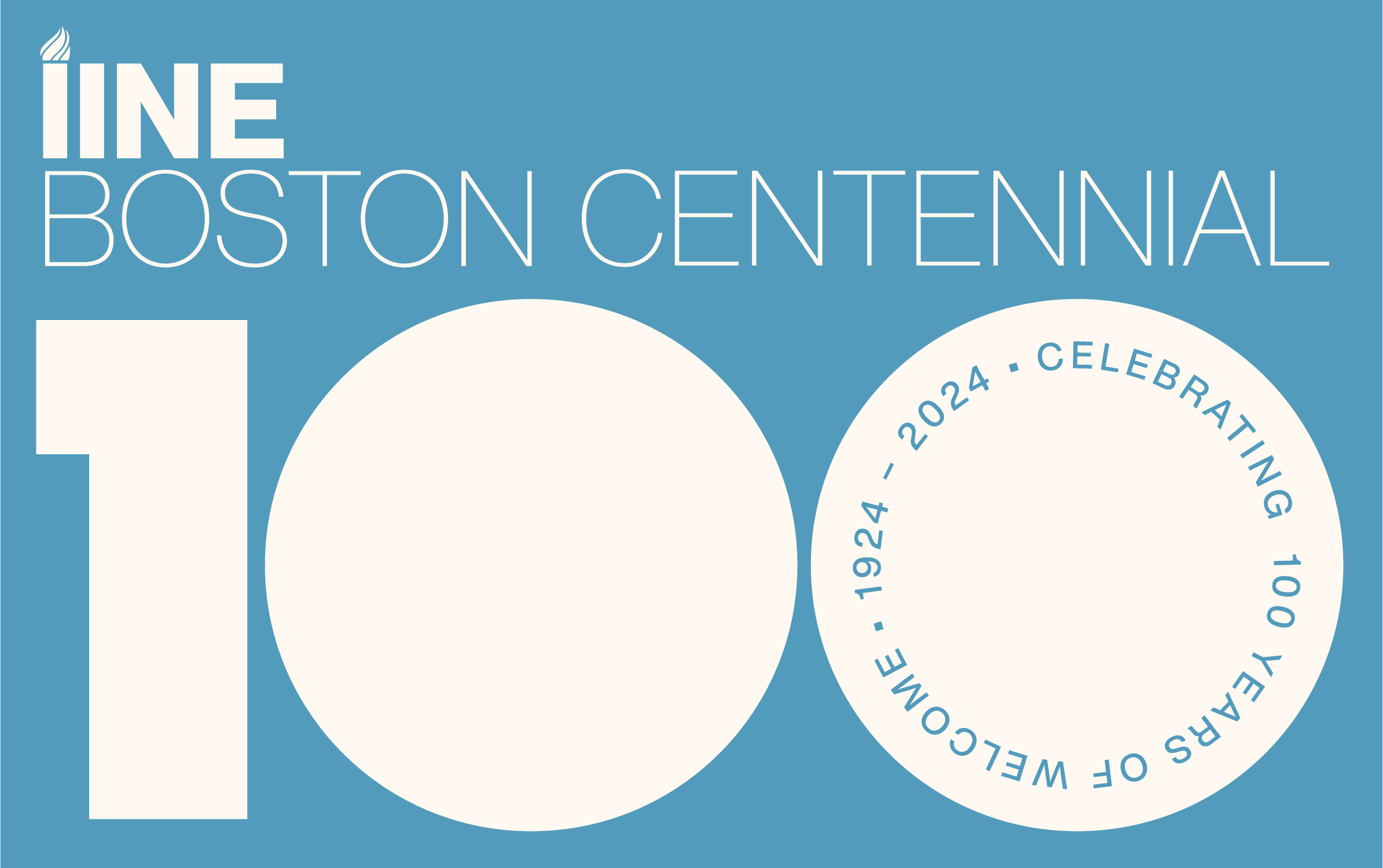

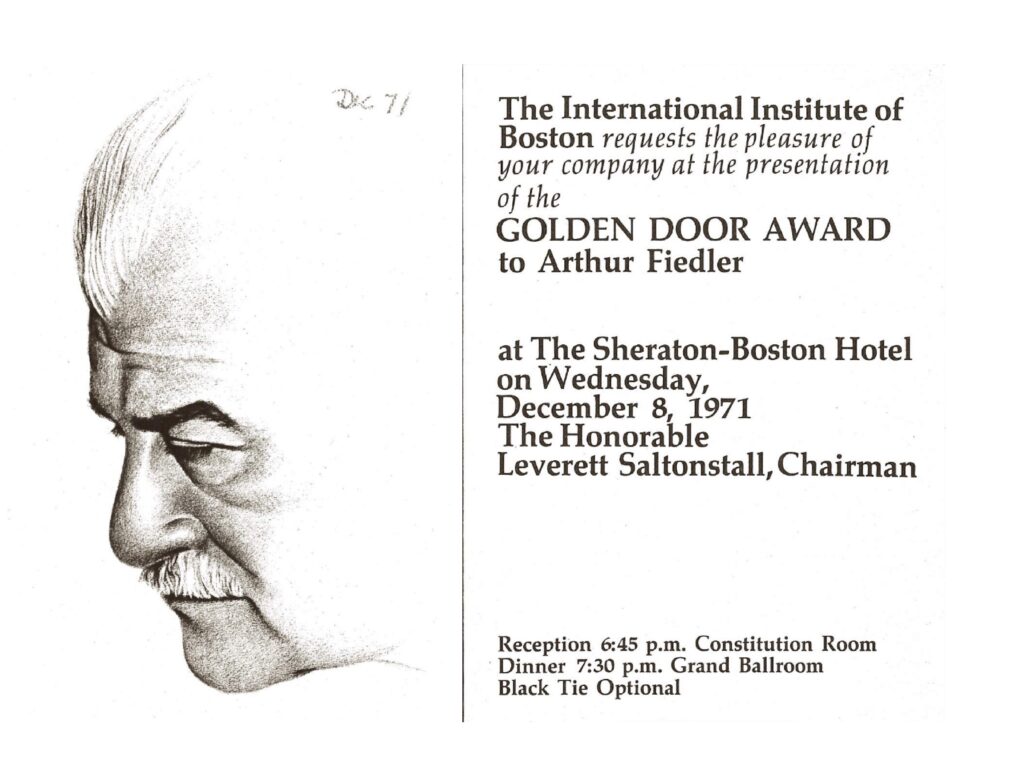

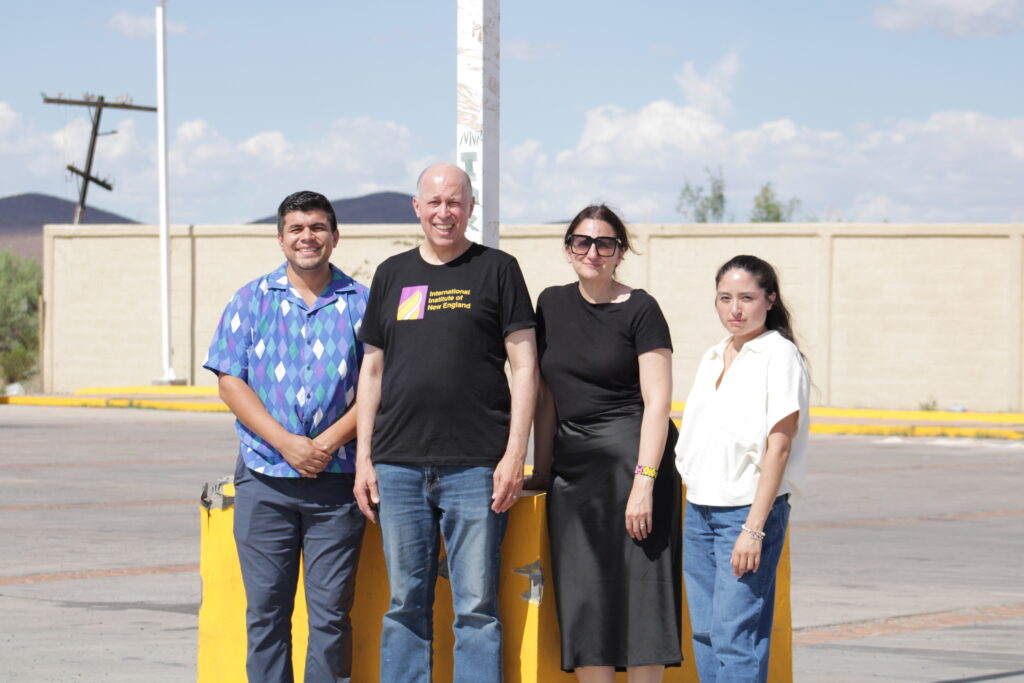

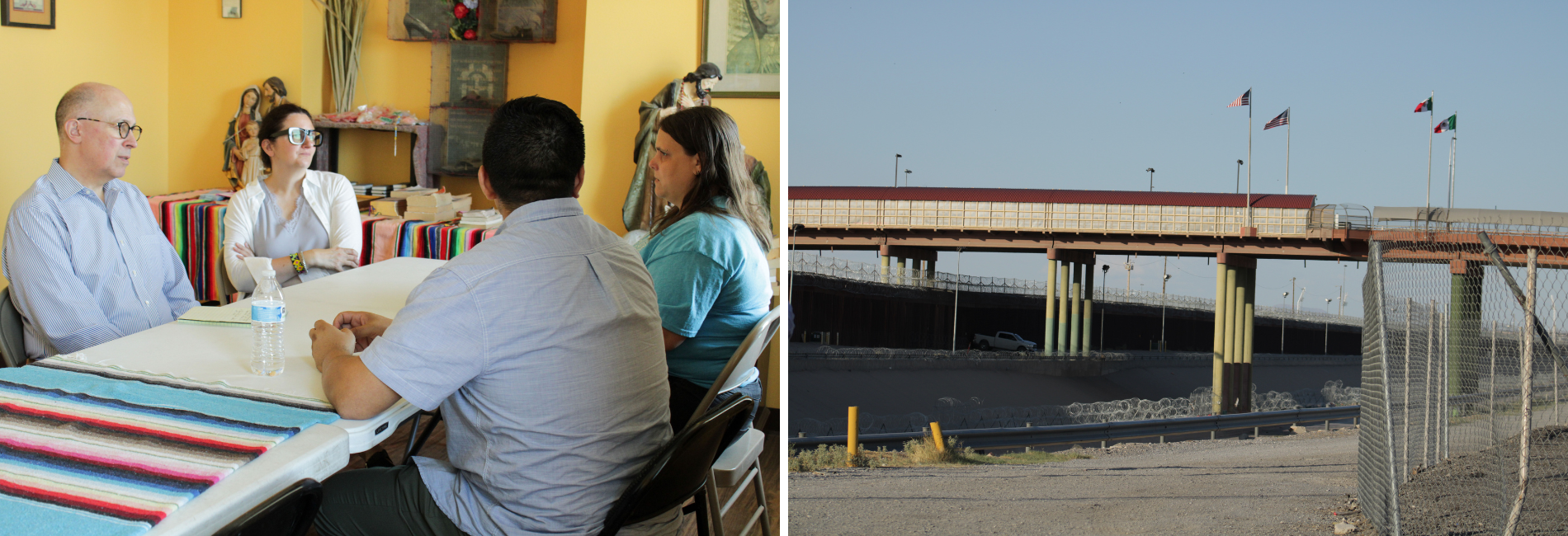


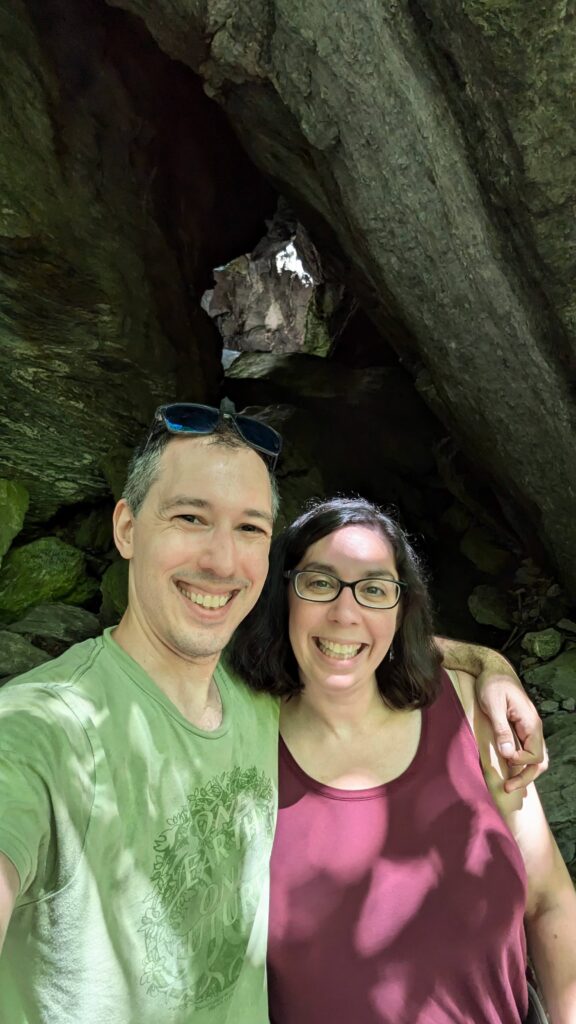

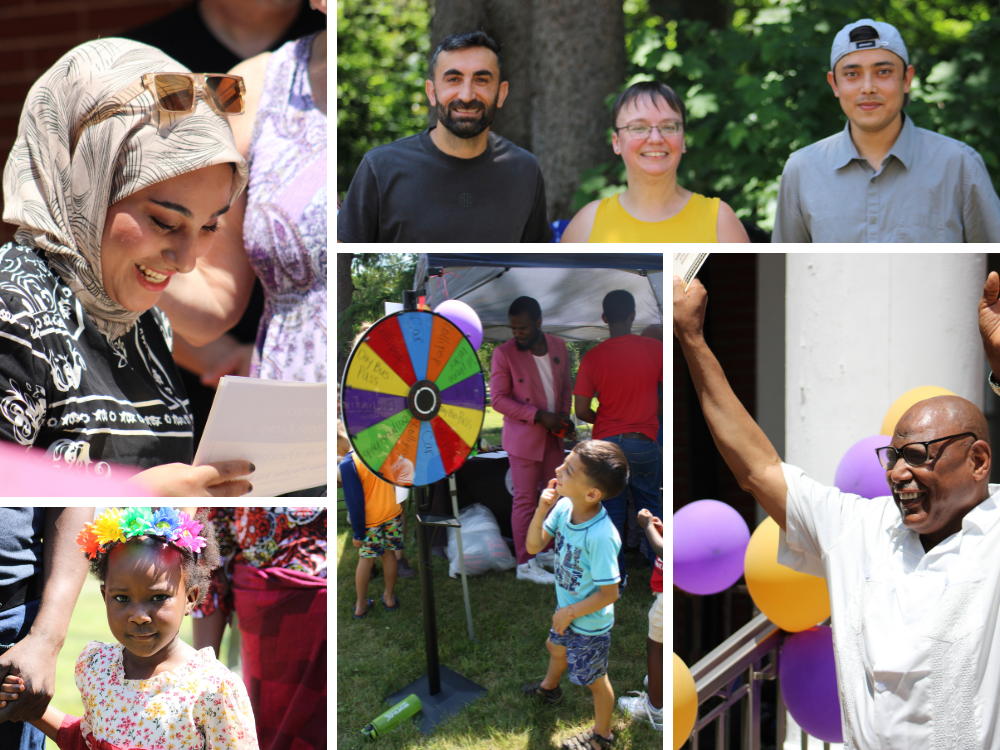
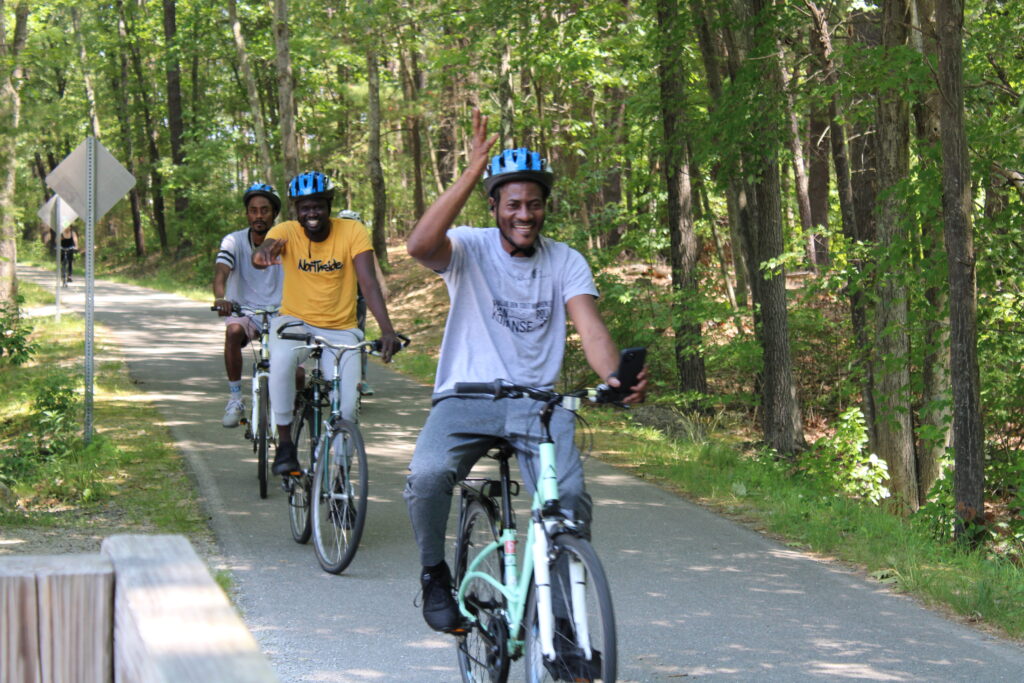

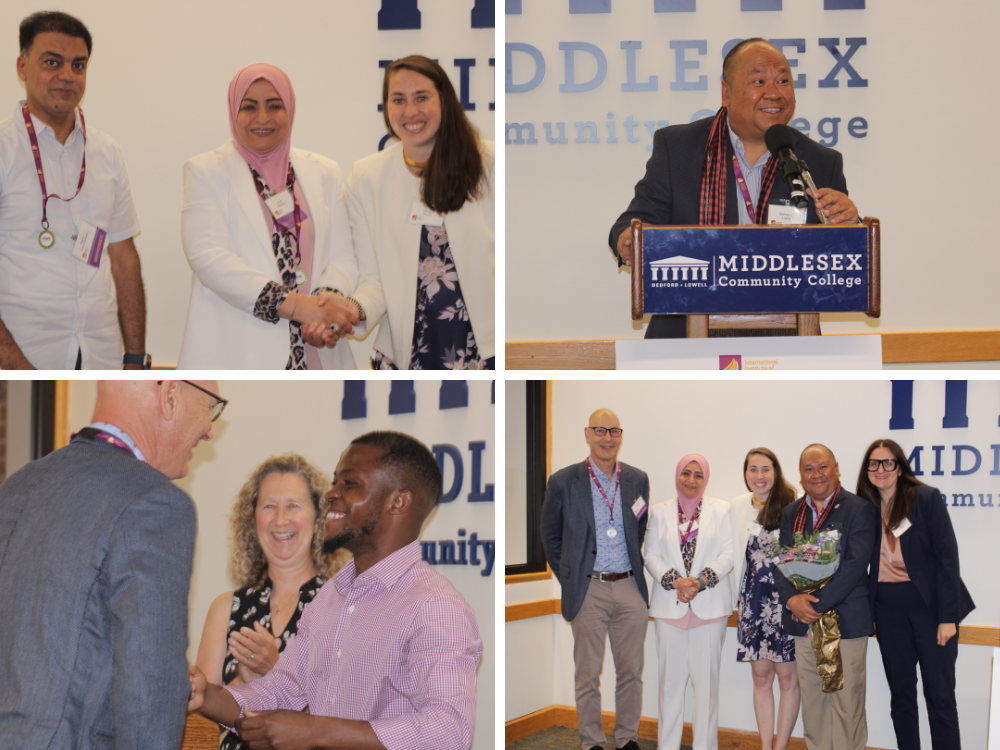
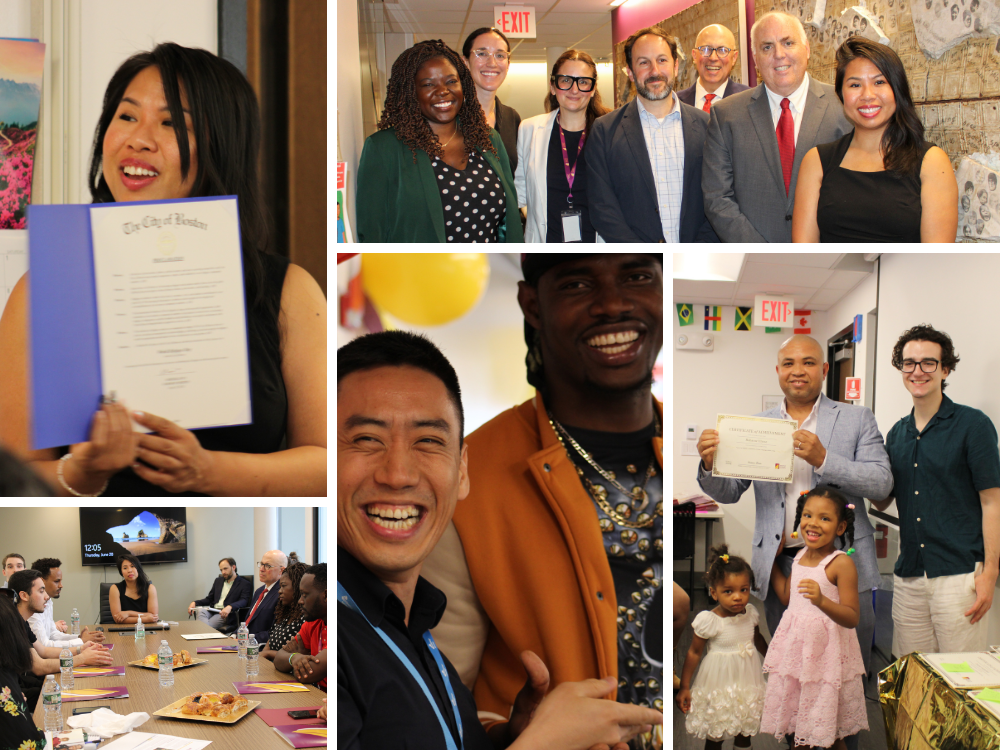

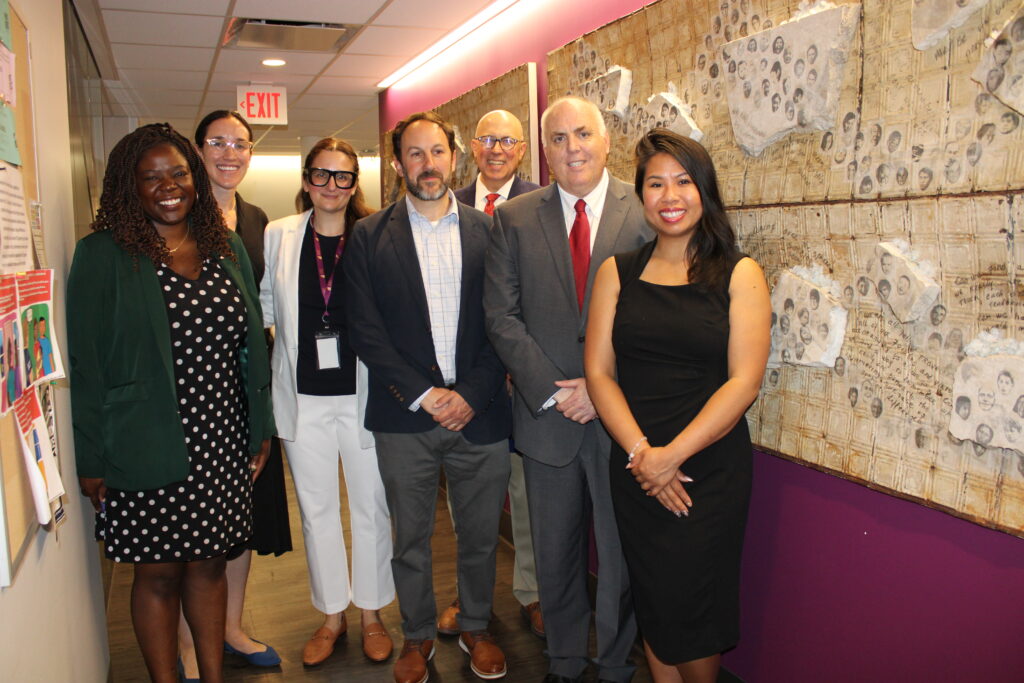
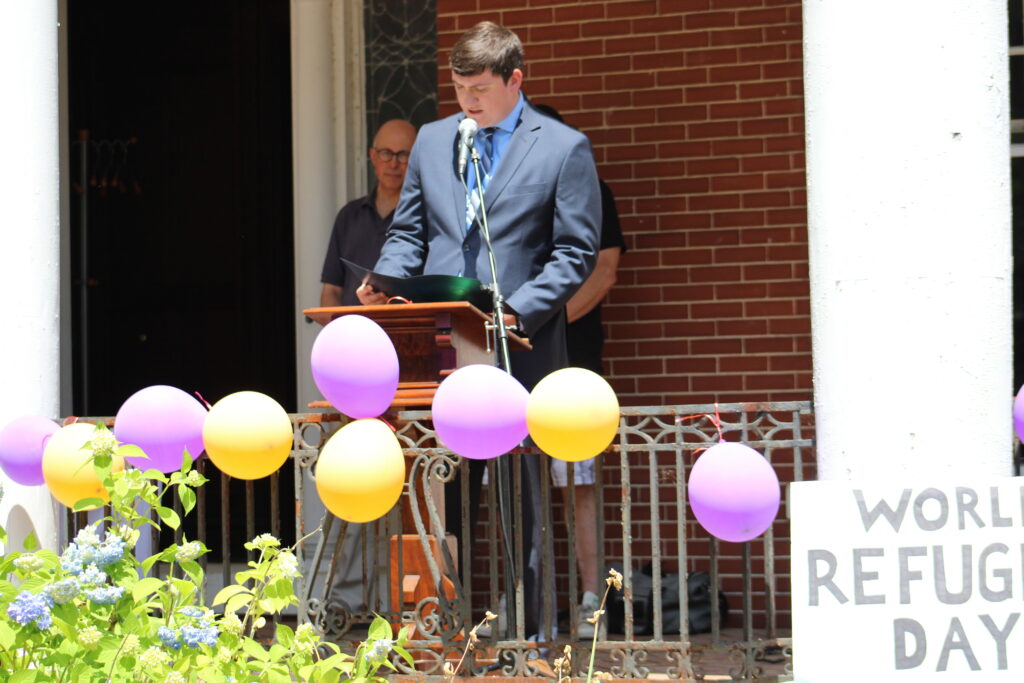
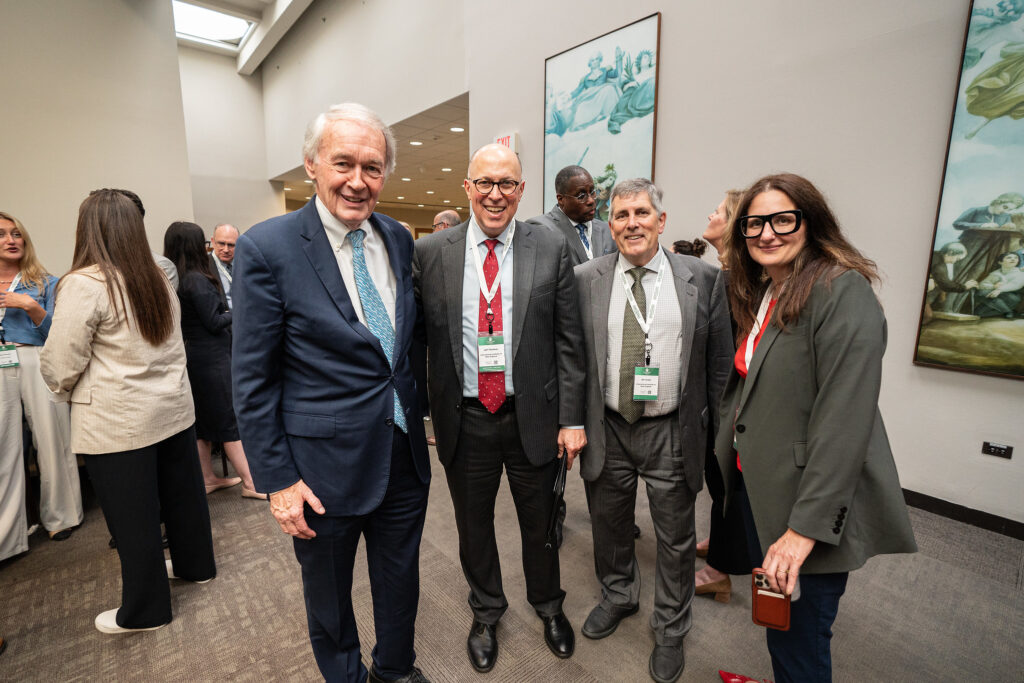

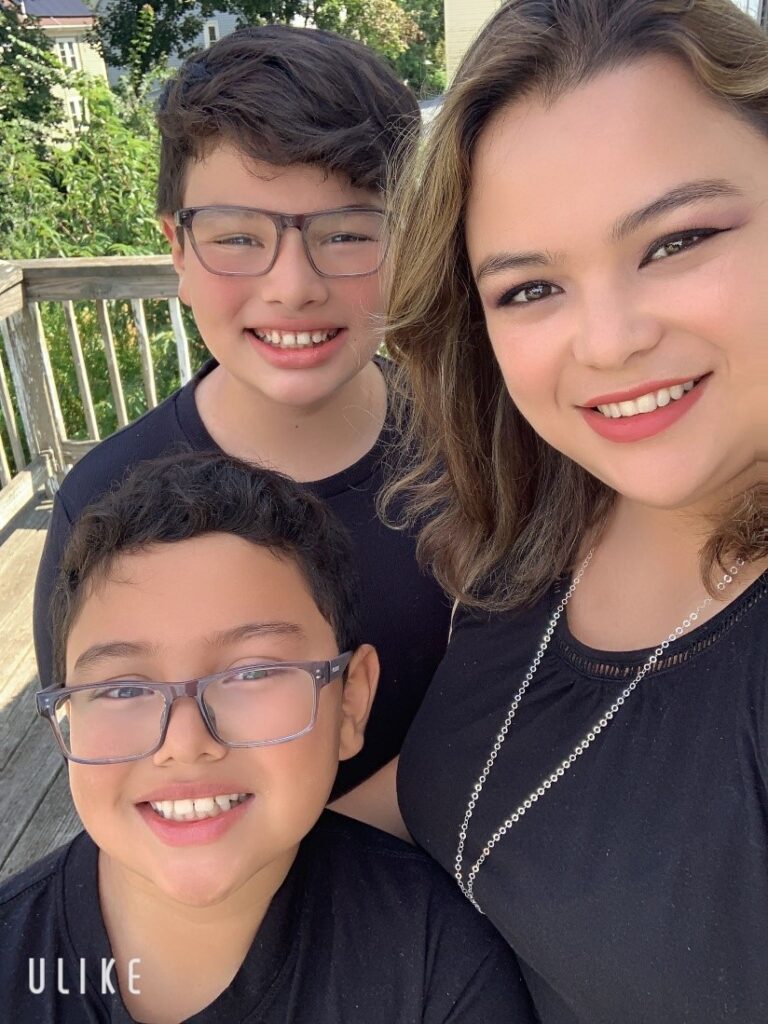



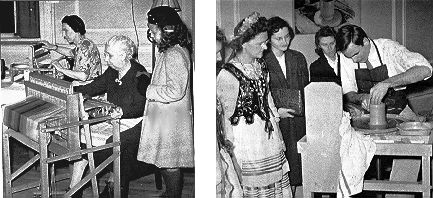
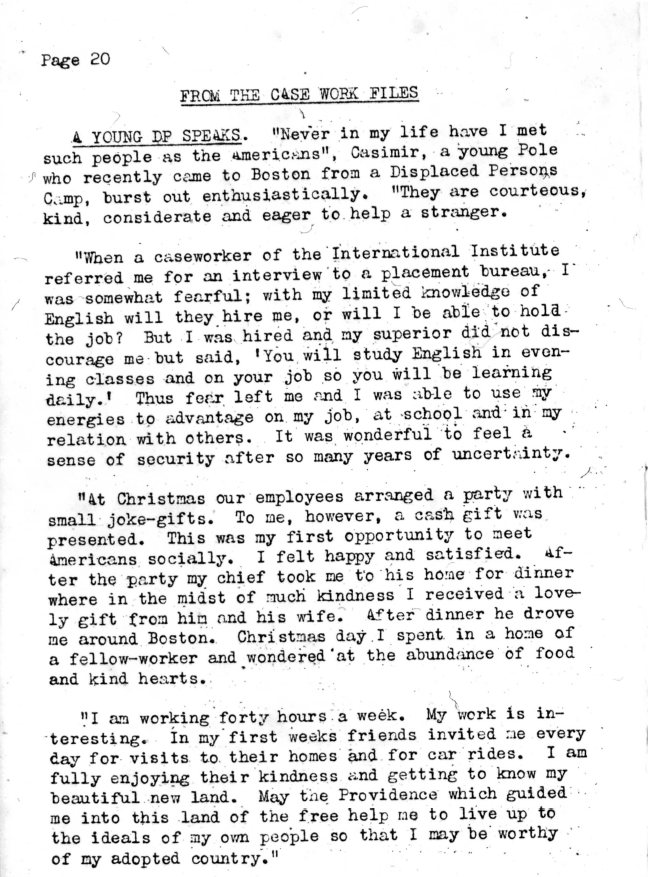


 One group of NU students was tasked with giving refugees and immigrants with little technology experience a key to accessing IINE classes and services, navigating their communities, and succeeding in the workplace: basic digital literacy.
One group of NU students was tasked with giving refugees and immigrants with little technology experience a key to accessing IINE classes and services, navigating their communities, and succeeding in the workplace: basic digital literacy. 
 We handed them out some jackets for the Boston weather. It kind of reminded me of growing up in Miami, [where it was] always like 75-80° out, and then coming to Boston, especially in the winter, it’s like 25° outside, so I think I definitely had that in mind.”
We handed them out some jackets for the Boston weather. It kind of reminded me of growing up in Miami, [where it was] always like 75-80° out, and then coming to Boston, especially in the winter, it’s like 25° outside, so I think I definitely had that in mind.”
 I came to the role with over 20 years of experience in human resources and eight years of experience in operations management. I had previously been part of the executive team at Table Talk Pies
I came to the role with over 20 years of experience in human resources and eight years of experience in operations management. I had previously been part of the executive team at Table Talk Pies


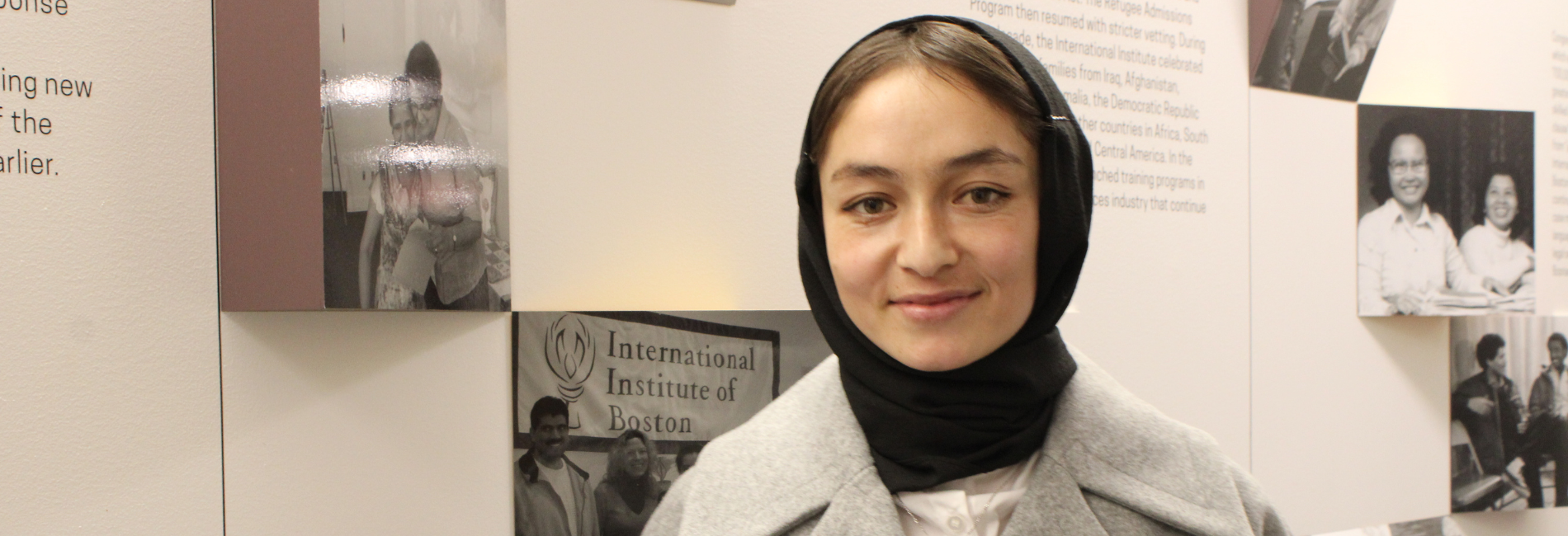
 eager to gain experience.
eager to gain experience.  Nazia did not give up. In fact, she wanted to do more. She decided to start a social support and education group for fellow women living under the Taliban, which she named “Lifesaver Girls.” It took her many tries to find an education center brave enough to host this illegal gathering, but with perseverance, she was able to convene one meeting. She felt she had to.
Nazia did not give up. In fact, she wanted to do more. She decided to start a social support and education group for fellow women living under the Taliban, which she named “Lifesaver Girls.” It took her many tries to find an education center brave enough to host this illegal gathering, but with perseverance, she was able to convene one meeting. She felt she had to.